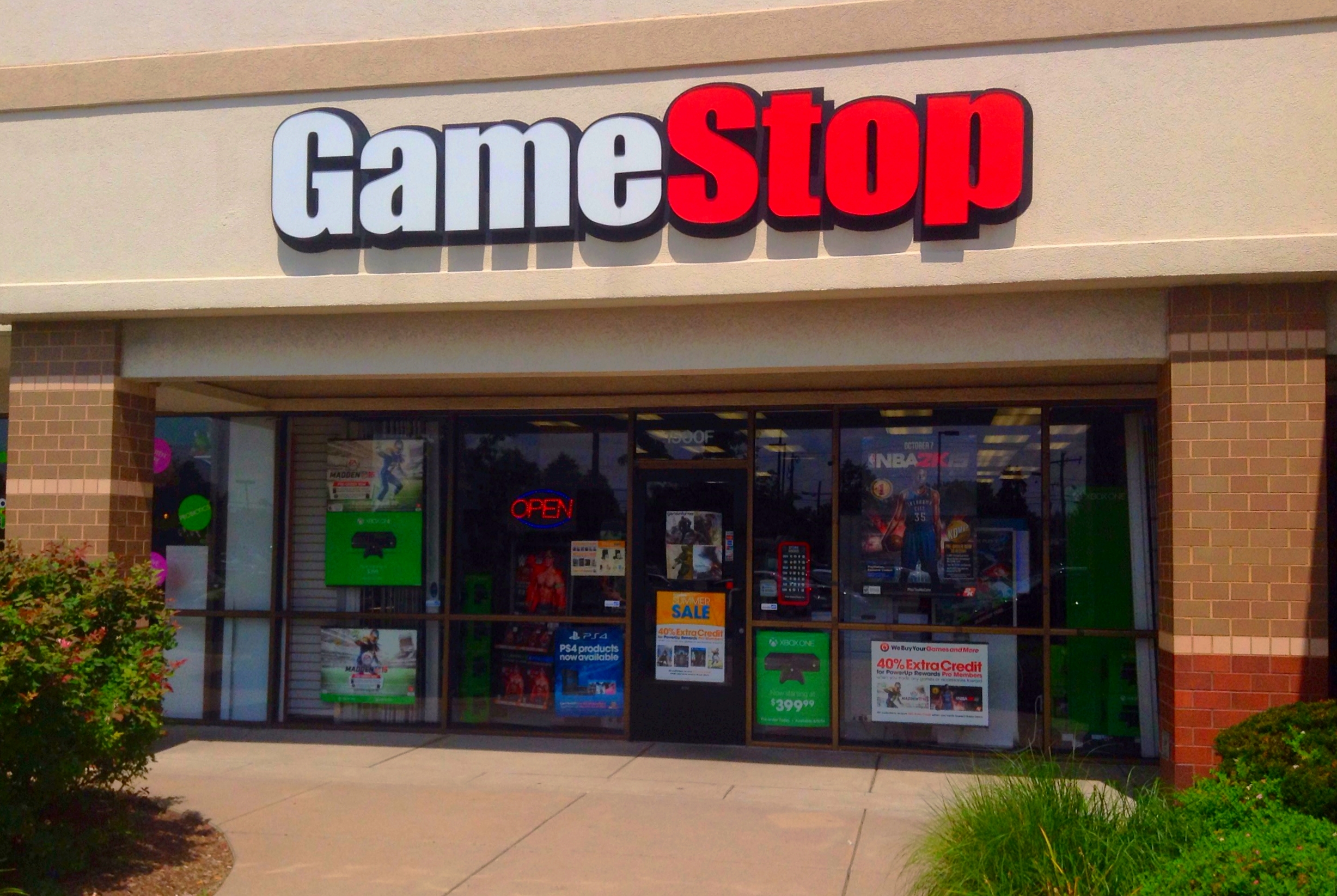Andreessen Horowitz leads a $12.9 million funding round for ZAR, a fintech startup aiming to expand stablecoin adoption among Pakistan’s unbanked population through local retail networks.
A16z leads funding for ZAR to expand stablecoin access in Pakistan
Venture capital powerhouse Andreessen Horowitz has taken the lead in a $12.9 million investment round for ZAR, a fintech startup building the rails for stablecoin adoption in Pakistan. The funding marks one of the most significant crypto-focused investments in South Asia this year and underscores the growing interest in digital financial infrastructure for emerging markets.
ZAR’s mission is to introduce stablecoins to Pakistan’s 240 million citizens, many of whom lack access to traditional banking services. According to the World Bank, over 100 million adults in the country remain unbanked, presenting a massive opportunity for digital financial innovation.
The company’s approach diverges sharply from conventional crypto distribution models that rely on apps or trading platforms. Instead, ZAR is building a physical network of local stores, phone kiosks and payment agents where customers can convert cash directly into stablecoins. This familiar infrastructure, already used for mobile top-ups and remittance transfers, offers a bridge between traditional cash economies and blockchain-based finance.
Stablecoins as the new bridge for everyday Pakistanis
ZAR’s platform allows users to walk into a participating shop, scan a QR code and exchange cash for stablecoins stored in a digital wallet. The wallet connects to a Visa card that functions globally, enabling users to make purchases or transfers in both domestic and international markets.
This model is designed to reduce the technical barriers that often deter people from using digital assets. Users do not need prior knowledge of blockchain or crypto mechanics. They simply interact with their local merchant as they would when topping up a mobile phone or sending funds abroad.
Early traction for ZAR has been strong, especially in Pakistan’s urban centers, where economic volatility and limited access to banking services have made dollar-backed digital assets increasingly appealing. Stablecoins provide a way to hedge against local currency fluctuations while maintaining liquidity for everyday transactions.
The broader vision for ZAR extends beyond Pakistan. If the model proves successful, the company plans to replicate it across African markets by 2026.
A16z and global partners bet big on stablecoins in emerging markets
The $12.9 million funding round attracted heavyweight investors including Dragonfly Capital, VanEck Ventures, Coinbase Ventures and Endeavor Catalyst. Their collective backing highlights a growing belief that stablecoins can deliver real-world financial inclusion across developing economies.
Andreessen Horowitz’s participation underscores its continued confidence in the potential of blockchain technology to modernize financial infrastructure. The firm has been an early supporter of stablecoin projects and decentralized finance networks globally, often positioning itself at the forefront of fintech innovation in emerging markets.
ZAR’s co-founders, Sebastian Scholl and Brandon Timinsky, are no strangers to digital finance. Their previous venture, SadaPay, became one of Pakistan’s most recognized mobile wallet startups before being acquired by Turkish fintech company Papara in 2024. That experience provided them with deep insight into the country’s regulatory environment and consumer needs, helping shape ZAR’s approach to accessible digital finance.
Pakistan’s regulatory shift sets the stage for stablecoin innovation
The timing of ZAR’s expansion aligns with a broader transformation in Pakistan’s regulatory stance toward digital assets. Earlier this year, the government established the Pakistan Virtual Assets Regulatory Authority (PVARA) to oversee the domestic crypto industry and introduce licensing for service providers.
More recently, Pakistan opened its doors to international crypto firms by allowing exchanges and virtual asset service providers to apply for federal licenses. This development signals a growing acceptance of blockchain-based financial solutions within the country’s policy framework.
Pakistan’s position in the global crypto ecosystem has strengthened dramatically. It now ranks third in the 2025 Chainalysis Global Crypto Adoption Index, reflecting a rapid rise in both user engagement and transaction volume.
The combination of favorable regulation, surging demand for digital assets and strategic venture capital support positions Pakistan as a key testing ground for stablecoin-driven financial inclusion.
The road ahead for ZAR and stablecoin integration
With the new funding in place, ZAR plans to scale its retail distribution network, onboard thousands of local shops and expand its partnerships with payment service providers. The company aims to create a seamless ecosystem where anyone with cash can gain access to stable digital money without requiring a bank account.
If successful, this initiative could redefine how millions of people in Pakistan interact with money—offering stability, transparency and cross-border accessibility in a region where financial exclusion remains a persistent challenge.
For A16z and its partners, the investment represents more than a bet on a startup. It is a strategic move toward building a digital economy powered by stablecoins, where financial empowerment extends to even the most underserved communities.
Disclaimer: Parts of this article were generated with the assistance from AI tools and reviewed by our editorial team to ensure accuracy and adherence to our standards.








